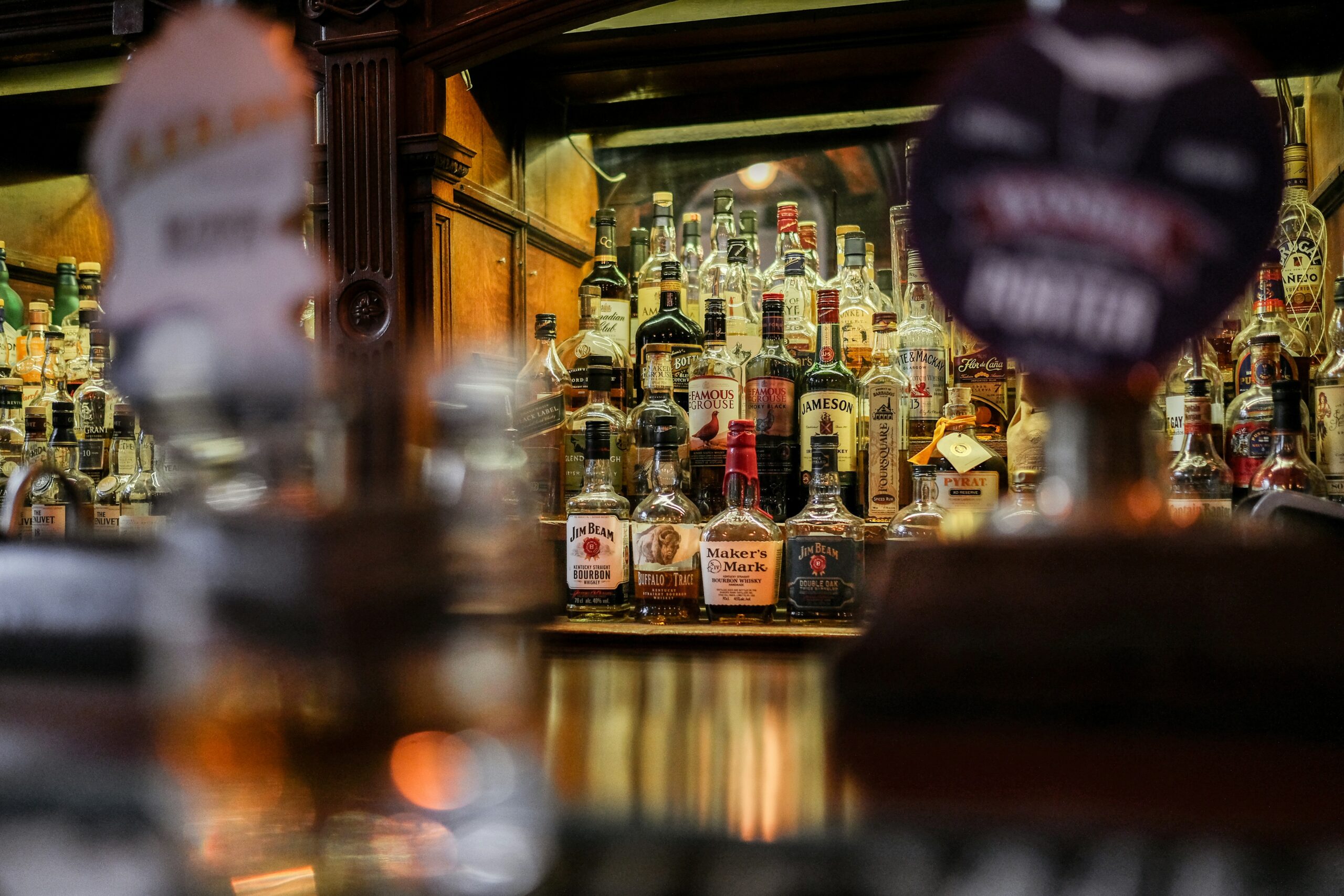Pub sales surged in the final two weeks of December, giving the hospitality industry a much-needed boost.
Pub sales rose by 4.7% compared to December 2023. Bars, which had struggled throughout 2024, saw growth of 1.3%, according to the latest CGA RSM Hospitality Business Tracker, reported by City AM.
London pubs performed better than those outside the city. Sales within the M25 rose by 4.6%, while venues elsewhere saw an increase of 2.8%.
“After a modest performance through most of 2024, real-terms growth in December was a big relief for the hospitality sector,” said Karl Chessell, director of hospitality operators and food, EMEA, at CGA by NIQ.
However, he cautioned that rising business costs and uncertain consumer confidence may bring more challenges in 2025.
In November, over 200 hospitality businesses sent a letter to Rachel Reeves, warning that higher employers’ national insurance contributions (NICs) could force some businesses to close. Others might need to reduce their workforce and investment to cover the costs.
Hospitality businesses face added pressure because they rely heavily on part-time staff, who now meet the threshold for tax contributions.
Fortunately, the feared decline in investment and hiring has not occurred as expected. Hospitality leaders Marston’s and Young’s reaffirmed their investment plans last week.

